On the right to legal residence of low-income workers
Residence and the right to legal residence are among the factors that reflect the nature of society. Legal residence is a place used by an individual to live, under the ownership or legal right to use, recognized by law. According to Article 2 of the 2020 Law on Residence, legal residence includes: houses, ships, boats, other means of transport or other types of residence as prescribed by law. In particular, housing is a popular type, with long-term stability, associated with many legal policies on land planning, finance, investment and residence. It can be understood that legal residence is a geographically defined space, used for living purposes, of which an individual has the right to own or the right to legally use that space as prescribed by law.
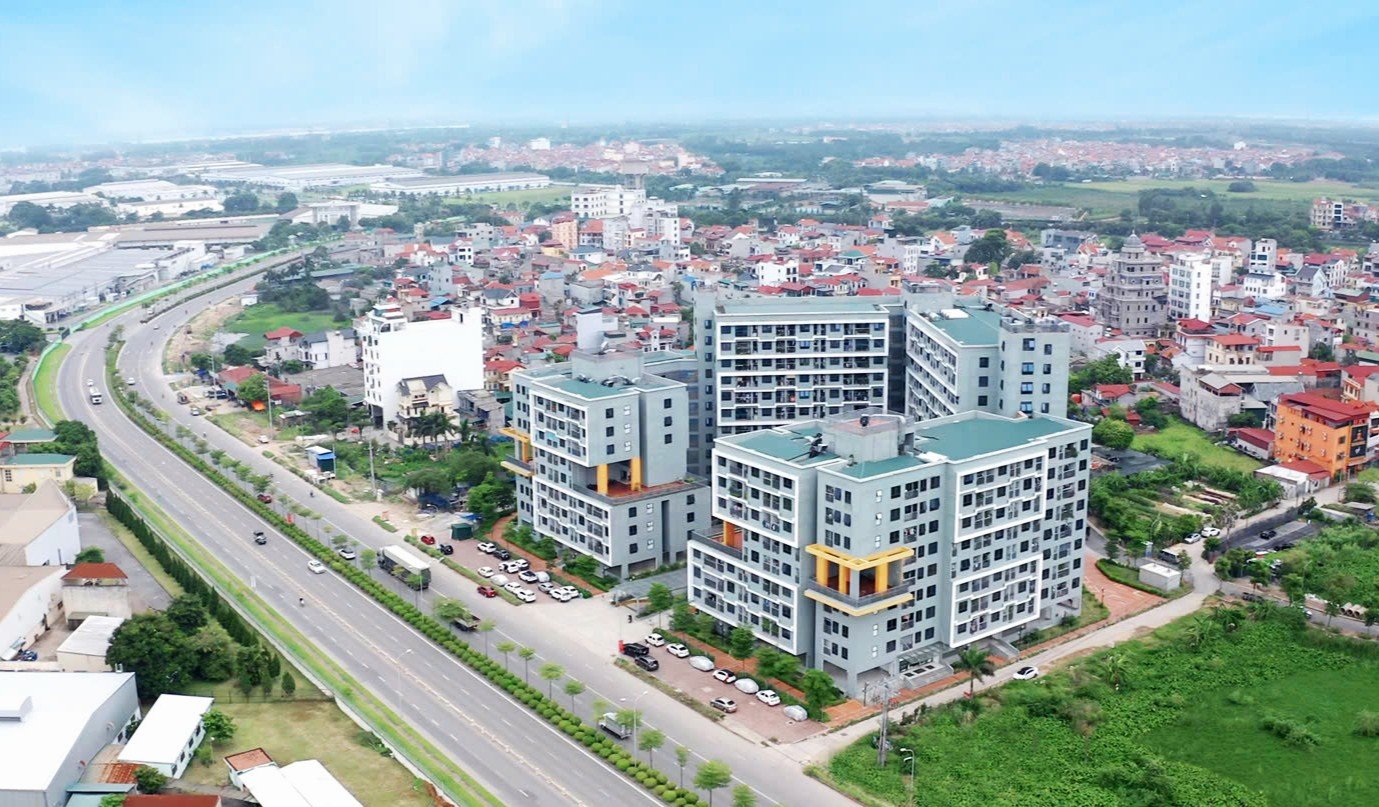
The right to legal residence is one of the basic rights of citizens, recognized and guaranteed by the 2013 Constitution and the 2023 Housing Law. Article 22 of the 2013 Constitution affirms: "Citizens have the right to legal residence". This provision clearly affirms the policy of the Party and State on recognizing the right to legal residence, according to which people will have the rights to own, use and manage their legal residence. The general provisions of the Constitution have contributed to the development, implementation and enforcement of legal documents and policies on legal residence, thereby ensuring human rights and citizens' rights in the field of residence and housing.
The right to legal housing ensures that each individual, regardless of social status or income level, is free to choose, establish and maintain legal housing suitable to their living needs and socio -economic conditions. For low-income workers, this is an essential right, directly linked to the quality of life and the ability to participate in social activities. According to Decree No. 30/2025/ND-CP, low-income workers are workers in households (excluding poor and near-poor households) with limited income and housing affordability, determined according to income criteria applicable to each area (1) . Specifically, in rural areas, the average income per capita/month is 2,250,000 VND or less; in urban areas, the average income per capita/month is 3,000,000 VND or less.
Low-income workers often have unstable financial resources and low savings capacity, leading to difficulties in accessing commercial or standard housing. This leads to many obstacles in daily life, especially in exercising civil rights related to housing, living conditions and enjoying social welfare. This group often has to rent temporary housing, with cramped areas, unsanitary and unsafe conditions; and is easily negatively affected when rents increase or when they are relocated or cleared. This situation shows the urgency of promulgating and effectively implementing housing policies and appropriate support measures to ensure the right to legal housing for low-income workers.
The right to housing of low-income workers is a right recognized by law and guaranteed to low-income workers to choose, establish and maintain legal housing, suitable to their socio-economic conditions and living needs. From this approach, the right to housing of low-income workers includes basic elements such as: access to housing types that meet minimum standards of area, quality and safety; participation in housing rental, purchase and hire-purchase transactions according to law; protection from illegal encroachment, coercion or relocation.
Legal status on the right to legal residence of low-income workers
According to the provisions of the Constitution , the 2013 Constitution is the most effective legal document, laying the foundation for recognizing and ensuring citizens' right to legal residence. This right is expressed in two aspects: constitutional rights and mechanisms to ensure the implementation of rights.
Regarding rights, Article 22 of the 2013 Constitution affirms: “Citizens have the right to legal residence; everyone has the right to inviolability of residence”. This provision not only establishes the right to residence as a fundamental right of citizens, but also sets out the principle of protecting the living space of every individual from all illegal intrusions, except in cases permitted by law according to strict procedures. This content clearly demonstrates the viewpoint of our State on considering residence as a private space, closely linked to the material and spiritual life of people, a constitutive element of human rights and civil rights protected by law. At the same time, this is also the legal basis for specialized laws, such as the Law on Residence, the Law on Housing, the Criminal Procedure Code, to stipulate the conditions, competence and procedures when searching, checking or handling related to residence, in order to ensure the inviolability and safety of the lives of individuals and households.
Regarding rights assurance, Article 59 of the 2023 Constitution stipulates: "The State has a policy of housing development, creating conditions for everyone to have a place to live". Housing is the most common and specific form of accommodation for citizens and is where citizens directly have a place to live and exercise their right to have a place to live in a more long-term and stable manner than any other housing model (2) . From the content of Article 59, it can be seen that the State orients housing development in two parallel directions. First, creating a favorable environment for the housing market to develop healthily, meeting the needs of the majority of people according to the market mechanism. Second, prioritizing support for disadvantaged groups through the development of social housing funds, applying preferential policies on finance, land, taxes, etc. to help policy beneficiaries, the poor and low-income workers access minimum living conditions, stability and affordability. In particular, Clause 2, Article 59 continues to emphasize the principle of equality in opportunities to enjoy social welfare: “The State creates equal opportunities for citizens to enjoy social welfare, develops the social security system, and has policies to support the elderly, the disabled, the poor and people in other difficult circumstances”. Although it does not directly mention low-income workers, in essence, this group of subjects falls under the scope of “people in difficult circumstances” when accessing standard housing. Therefore, this is the constitutional basis for specialized laws such as the Housing Law, the Land Law, and the Construction Law to concretize into appropriate support policies. From the provisions of the Constitution, it can be seen that Vietnamese law has set a consistent general orientation: housing development is not only a socio-economic issue but also a tool to ensure human rights and civil rights. For low-income workers, these regulations both create a legal foundation and demonstrate the State's political commitment to ensuring access to legal accommodation that is suitable to their financial capacity and living needs, thereby contributing to stabilizing their lives, improving the quality of human resources and promoting social security.
According to the provisions of civil law, the Constitution's recognition of the people's right to legal housing has formed the principles and methods of constitutionalizing citizens' rights as well as the State's responsibility in recognizing, respecting, protecting and ensuring the implementation of this right, which is first of all concretizing the right through the Housing Law. The 2023 Housing Law has been enacted with many provisions on ensuring legal housing for low-income workers, especially through the social housing model - a housing model for low-income workers - to support them to settle down, stabilize their lives and contribute to sustainable socio-economic development.
Regarding social housing support policies, Articles 77 and 78 of the 2023 Housing Law stipulate the State's preferential loan support through social policy banks or credit institutions designated by the State to enable people to buy, lease-purchase social housing or build, renovate and repair their own houses. This is an important financial policy to help these subjects access capital with low interest rates, longer loan terms and more flexible loan conditions than the market. The preferential loan support not only removes the biggest barrier of initial payment capacity when buying social housing, but also creates opportunities for low-income workers and other beneficiary groups to realize their right to own a house. This policy contributes to concretizing the provisions in Article 59 of the 2013 Constitution on the State creating conditions for everyone to have housing, and at the same time demonstrates the State's commitment to ensuring citizens' right to legal housing, especially for low-income workers and other disadvantaged groups.
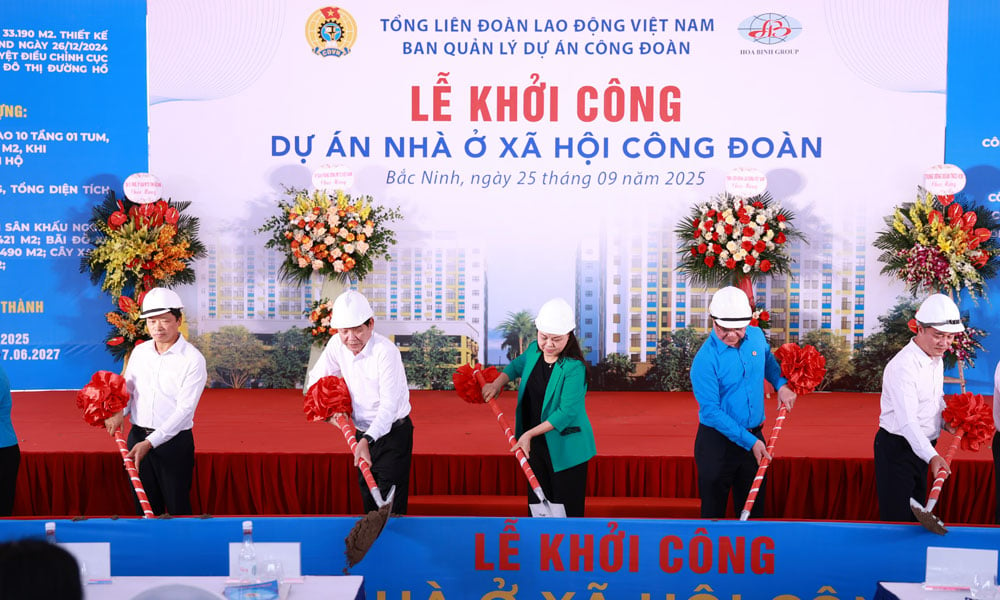
Regarding the form of housing ownership, the 2023 Housing Law and Decree No. 100/2024/ND-CP, dated July 26, 2024, "Detailing a number of articles of the Housing Law on the development and management of social housing" focus on developing social housing for rent, instead of for sale, to reduce the financial burden for low-income people. This is a new breakthrough that clearly demonstrates the State's guarantee of the right to legal housing. Due to the characteristics of low-income workers facing financial difficulties, owning social housing as legal housing still faces many challenges, so renting social housing will contribute to increasing the opportunity to own legal housing for low-income workers. Support mechanisms and regulations on renting social housing have contributed to ensuring the right to legal housing for low-income workers.
In general, Our country's law has formed a relatively complete legal system to ensure the right to legal housing for low-income workers. This legal framework includes constitutional principles, provisions of the law and sub-law documents, creating a legal basis for implementing support policies (3) . At the same time, the law has recognized and implemented preferential capital policies, especially preferential lending mechanisms through social policy banks or credit institutions designated by the State, helping low-income workers access appropriate financial resources to buy, rent or hire-purchase social housing. In addition, legal regulations have established policies to diversify forms of housing ownership, including direct ownership, renting and hire-purchase, thereby flexibly meeting the needs and affordability of low-income workers.
However, the legal system on ensuring the right to legal residence of low-income workers still has the following limitations and shortcomings:
Firstly, the current legal regulations on defining “low-income workers” are only in the form of listing specific groups of subjects, without establishing a general and unified definition. This approach leads to a lack of clarity in determining the scope of policy application, especially when implementing in practice. In addition, Article 76 of the 2023 Housing Law has not yet included “low-income workers in rural areas” in the list of subjects eligible for social housing support policies. In fact, this group of subjects is also facing significant difficulties in housing, especially in the context of the large gap in income and living conditions between urban and rural areas.
Second, the propaganda and legal awareness work on ensuring the right to legal accommodation for low-income workers has not been promoted. This leads to the fact that a part of low-income workers have incomplete, incorrect and untimely awareness of housing support policies, especially social housing. Therefore, this group of subjects also faces difficulties in accessing documents to benefit from policies ensuring the right to legal accommodation. In addition, there are also some subjects who take advantage of support policies for low-income workers to speculate and own housing for the wrong subjects, seriously affecting the right to legal accommodation of individuals and low-income workers.
Third, the process of disbursing capital to implement preferential policies, capital support in construction investment and support for purchasing, renting, and purchasing social housing still faces many limitations. Although Decree No. 100/2024/ND-CP has stipulated capital support for social housing, it can be seen that this regulation still has many shortcomings that cause difficulties for investors. The procedures for investment, construction, purchase, and sale of social housing are still prolonged, even more complicated than commercial housing. Incentive policies for project investors are not attractive and have not been implemented, making it difficult to attract and encourage investors.
Some solutions to improve the law on ensuring the right to legal residence of low-income workers
To overcome the remaining limitations and shortcomings as well as contribute to promoting housing development to promptly meet the housing needs of low-income workers, it is necessary to implement the following solutions:
Firstly, it is necessary to develop a general and unified definition of “low-income workers” in the Housing Law and related documents, instead of the current approach which is mainly in the form of a list. This definition should be built on the basis of clear criteria: average income per capita, housing affordability, and socio-economic conditions at the place of residence. Developing a unified concept will overcome the situation of inconsistent application between localities and is an important legal basis for reviewing and identifying the correct beneficiaries. At the same time, research and amend Article 76 of the 2023 Housing Law to add the subject of “low-income workers in rural areas” to the list of beneficiaries of social housing policies, in order to ensure the principle of equality in access to the right to housing as recognized in Article 59 of the 2013 Constitution.
Second, in the process of issuing decrees and circulars guiding the Housing Law, it is necessary to specify regulations on: eligibility conditions, support levels, approval procedures and monitoring mechanisms for the implementation of social housing policies. In Article 78 of the 2023 Housing Law, the State allows preferential loan support through social policy banks and credit institutions designated by the State. However, sub-law documents need to clearly stipulate interest rates, loan terms, maximum loan ratios and loan guarantees. This both creates transparency and ensures practical access for low-income workers, while preventing the risk of policy abuse.
Third, improve the capacity of social housing management agencies at both central and local levels, especially in implementing the review and allocation processes for social housing funds. Although the 2023 Housing Law clearly stipulates the responsibilities of state agencies, to effectively implement it, it is necessary to apply a mechanism of public disclosure and transparency of the entire review list and allocation results. It is necessary to strengthen periodic and unscheduled inspections and checks to detect and handle acts of taking advantage of policies, such as illegal transfer or sublease of social housing. Along with that, encourage the participation of enterprises, trade unions, housing development funds and other economic sectors in investing, building and managing social housing funds in the spirit of socialization stipulated in Article 58 of the 2013 Constitution and the Housing Law.
Fourth, the application of the law needs to be flexible, suitable to the specific conditions of each locality, but still ensuring compliance with the general legal framework. State agencies at the local government level need to be empowered to be more proactive in adjusting the scale, form and criteria for social housing support based on income conditions, population density and actual housing needs. In addition, it is necessary to promote propaganda and dissemination of the law so that low-income workers are fully aware of their rights and procedures for enjoying the policy.
Fifth, it is necessary to continue to facilitate low-income workers in the process of carrying out registration procedures, approval for renting and buying social housing in a simple, transparent manner, ensuring fairness./.
------------------
(1) Decree No. 30/2025/ND-CP, dated February 24, 2025, of the Government , on "Amending and supplementing a number of articles of Decree No. 07/2021/ND-CP dated January 27, 2021 of the Government regulating multidimensional poverty standards for the period 2021 - 2025"
(2) “Citizens and the right to legal residence”, People's Police Newspaper online, September 8, 2014, https://cand.com.vn/thoi-su/Cong-dan-va-quyen-co-noi-o-hop-phap-i272782/
(3) See more: Decision No. 338/QD-TTg, dated April 3, 2023, of the Prime Minister, on approving the Project "Investing in the construction of at least 1 million social housing apartments for low-income earners and industrial park workers in the period 2021 - 2030"; Decision No. 444/QD-TTg, dated February 27, 2025, of the Prime Minister, on "Assigning targets for completing social housing in 2025 and the following years until 2030 for localities to add to socio-economic development targets"; Resolution No. 201/2025/QH15, dated May 29, 2025, of the National Assembly , on "Piloting a number of specific mechanisms and policies for social housing development"
Source: https://tapchicongsan.org.vn/web/guest/thuc-tien-kinh-nghiem1/-/2018/1146202/bao-dam-quyen-co-noi-o-hop-phap-cua-nguoi-lao-dong--thu-nhap-thap-theo-quy-dnh-cua-phap-luat-hien-nay.aspx



![[Photo] Prime Minister Pham Minh Chinh chaired a meeting of the Steering Committee on the arrangement of public service units under ministries, branches and localities.](https://vphoto.vietnam.vn/thumb/1200x675/vietnam/resource/IMAGE/2025/10/06/1759767137532_dsc-8743-jpg.webp)


![[Photo] Prime Minister Pham Minh Chinh chairs a meeting of the Government Standing Committee to remove obstacles for projects.](https://vphoto.vietnam.vn/thumb/1200x675/vietnam/resource/IMAGE/2025/10/06/1759768638313_dsc-9023-jpg.webp)



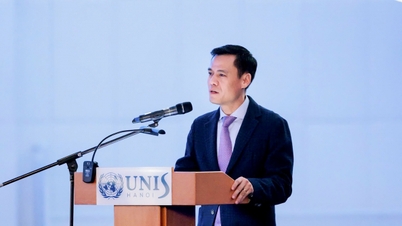

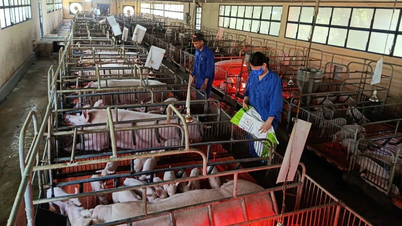

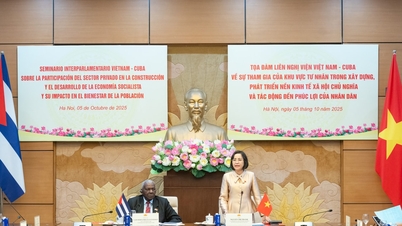

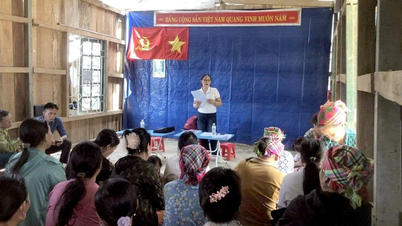































































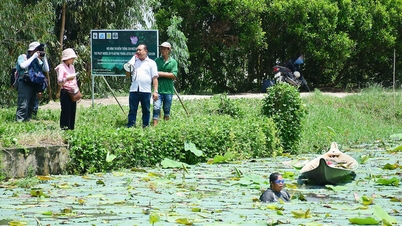

















Comment (0)